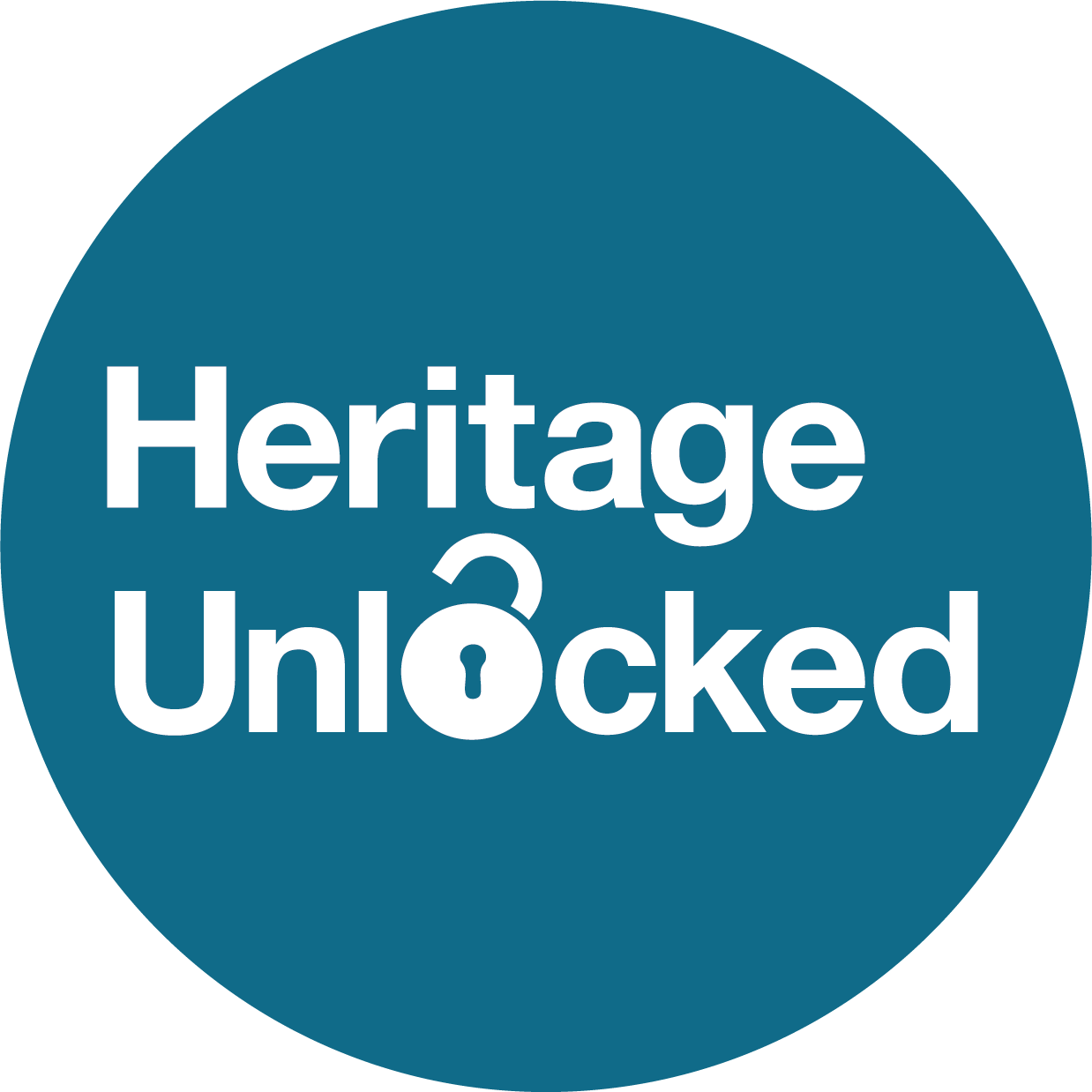Researching northern industry, mining history and bridge building heritage
Cleveland’s ironstone mining heritage featured in Jodie’s research (Teesside Archives, British Steel Collection)
During Spring 2021 as part of a collaboration with the University of Huddersfield’s History Division, undergraduate Jodie Ogden undertook a placement at Heritage Unlocked researching Teesside and North Yorkshire’s industrial heritage. Here Jodie reflects on her experience and reveals some of the discoveries made…
Whilst on virtual work placement with Heritage Unlocked during Spring 2021, I was tasked with discovering the mining heritage of Cleveland and surrounding areas, and later researching bridges worldwide linked to Dorman Long & Co. of Middlesbrough, who often worked in partnership with other influential engineering firms across the globe. The experience offered the opportunity to explore the work of Northern industry in detail, still so widely celebrated on a global scale today. The research has been both interesting and greatly useful, adding to my personal interest in the history of industry and engineering and providing me with sturdy foundations for the task of researching for my dissertation required in the final year of my undergraduate history degree; having previously not known where and how to access such useful primary sources.
Middlesbrough's Dorman Long Britannia Works, 1929 (Teesside Archives, British Steel Collection)
Online Archives
In the trawling of newspapers, journal articles and related documents to specific structures, a real sense of the Northern workmanship and craft was established, and a pride in the achievements of these regions. Importantly I discovered the reliance of the working population around the North of England on the industries, creating jobs in construction, but also in the production of steel – an essential part of the local economy during the period.
Opening Events, Quirky Bridge Facts
I thoroughly enjoyed finding out of quirky facts whilst in the midst of research, that only added to my interest; such as the Kasr El Nil Bridge guarding lions at either side of the approach, or the order of events on the opening days of the structures, which often saw royalty in attendance. I found the Times Digital Archive and the Guardian and Observer Archives were the best for most primary source online research.
I used the Yorkshire and North East Film Archive quite heavily when researching the area’s industrial history, in particular in exploring mining heritage, and found imagery and information that newspaper articles and other primary sources lacked. This also created a different pathway into research that I had not considered previously, and I’ve found that analysing such sources can be incredibly useful to my own study. These archives were easy to navigate and were user friendly, making my remote learning enjoyable.
Kasr El Nil Bridge, built by Dorman Long (Teesside Archives, British Steel Collection)
Not only has my time researching for Heritage Unlocked been enlightening on a personal level of interest, I have also learned through experience, methods that work well for researching specific information, and where and how to access examples of primary documentation. Articles and publications from further afield were quite difficult to get hold of and required some perseverance, as did information regarding bridges such as the Adomi Bridge, which had a name change from its original ‘Volta Bridge’ after independence from British colonial rule was declared. With such name changes, and popular nicknames amongst local communities, often used in publications, it was a real task to find primary documentation. It has taught me that personal trial and error is essential in any researching task, and that I do have the ability to complete such broad research, as frustrating and dead-end as a line of enquiry may appear at times.
Having had the opportunity of using search engines, electronic libraries and archives, I have learned ‘on-the-job’ the best places to find relevant information and feel as though I have a great advantage now in the tackling of future research. I have thoroughly enjoyed my time on work placement with Heritage Unlocked, and I truly value what I have been able to take away from my experience.
Jodie Ogden, University of Huddersfield



